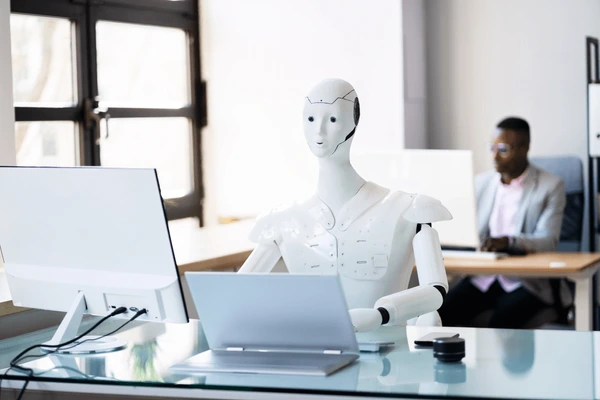BY ITUNU IJILA
Artificial Intelligence (AI) has become the invisible engine behind many of the tools we use daily, from banking apps that detect fraud to chatbots that handle customer service.
Yet as AI grows more powerful and more involved in decision-making, one pressing question arises: Can it really be trusted?
When Machines Make Choices
Advertisement
AI systems make decisions by learning patterns from massive amounts of data. The problem is that data often carries the same human biases and inequalities found in society. It is called unconscious bias. For example, facial recognition systems have been shown to misidentify people with darker skin tones more frequently.
Similarly, some recruitment algorithms have unfairly ranked male candidates higher compared to female candidates simply because historical data favoured them.
When these systems are left unchecked, the results can reinforce discrimination, bias or spread misinformation faster than humans can correct it.
Advertisement
Accountability Still Belongs to People
The convenience AI brings, which is faster processing, personalised experiences, and predictive insights, is undeniable. But technology, no matter how advanced, lacks moral judgment. It doesn’t understand fairness, empathy, or the broader consequences of its actions.
This is why human oversight remains essential. Doctors still need to review AI-assisted medical diagnoses. Financial analysts must double-check automated trading decisions. Journalists should verify AI-generated content before publication. Human judgment provides context, ethics, and accountability; these are qualities machines simply can’t replicate.
Without clear regulations and ethical standards, there’s a risk of errors or misuse in AI going unnoticed.
Advertisement
For instance, an AI tool that wrongly flags a customer’s transaction as fraudulent could disrupt livelihoods, while an unverified AI health chatbot could give misleading advice. Strong human supervision ensures that these systems serve the public good rather than cause unintended harm.
Building Trust the Right Way
Building trust in AI requires transparency, accountability, and collaboration. Developers must design systems that are explainable, where people can understand why a machine made a certain decision. Policymakers must set clear rules for data privacy and responsible use. And ordinary citizens should be educated about how AI works, so they can question and challenge its outcomes.
AI can be a powerful ally, but it should never replace human reasoning. As the technology continues to evolve, one principle must remain constant: machines can assist us, but humans must stay in charge.
Advertisement
Itunu Ijila is a software developer and AI researcher with a master’s degree in artificial intelligence. She builds and codes intelligent applications that bridge technology and everyday life, exploring how AI and machine learning are transforming society, work, and innovation in Africa and beyond. She can be contacted via [email protected]
Views expressed by contributors are strictly personal and not of TheCable.
